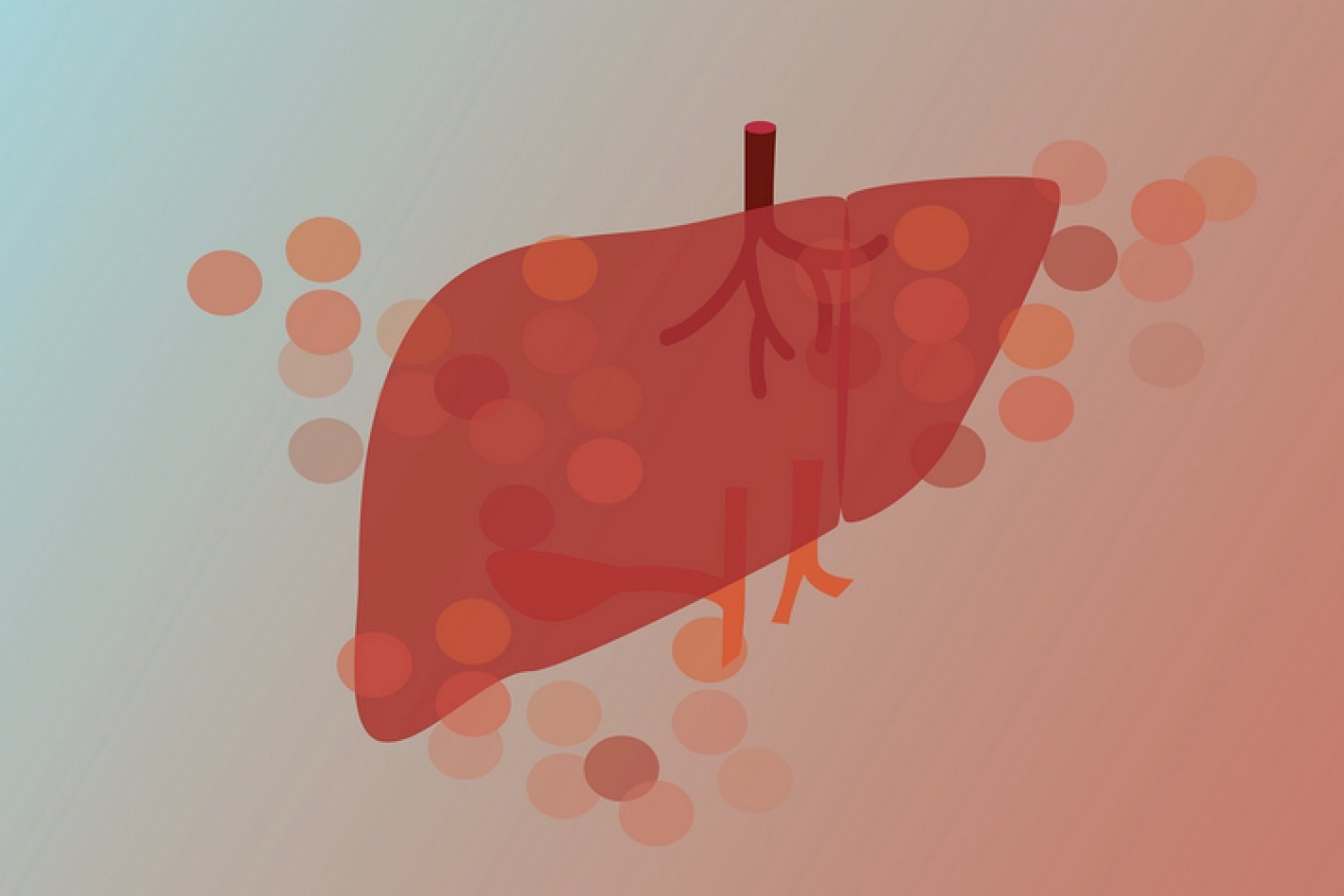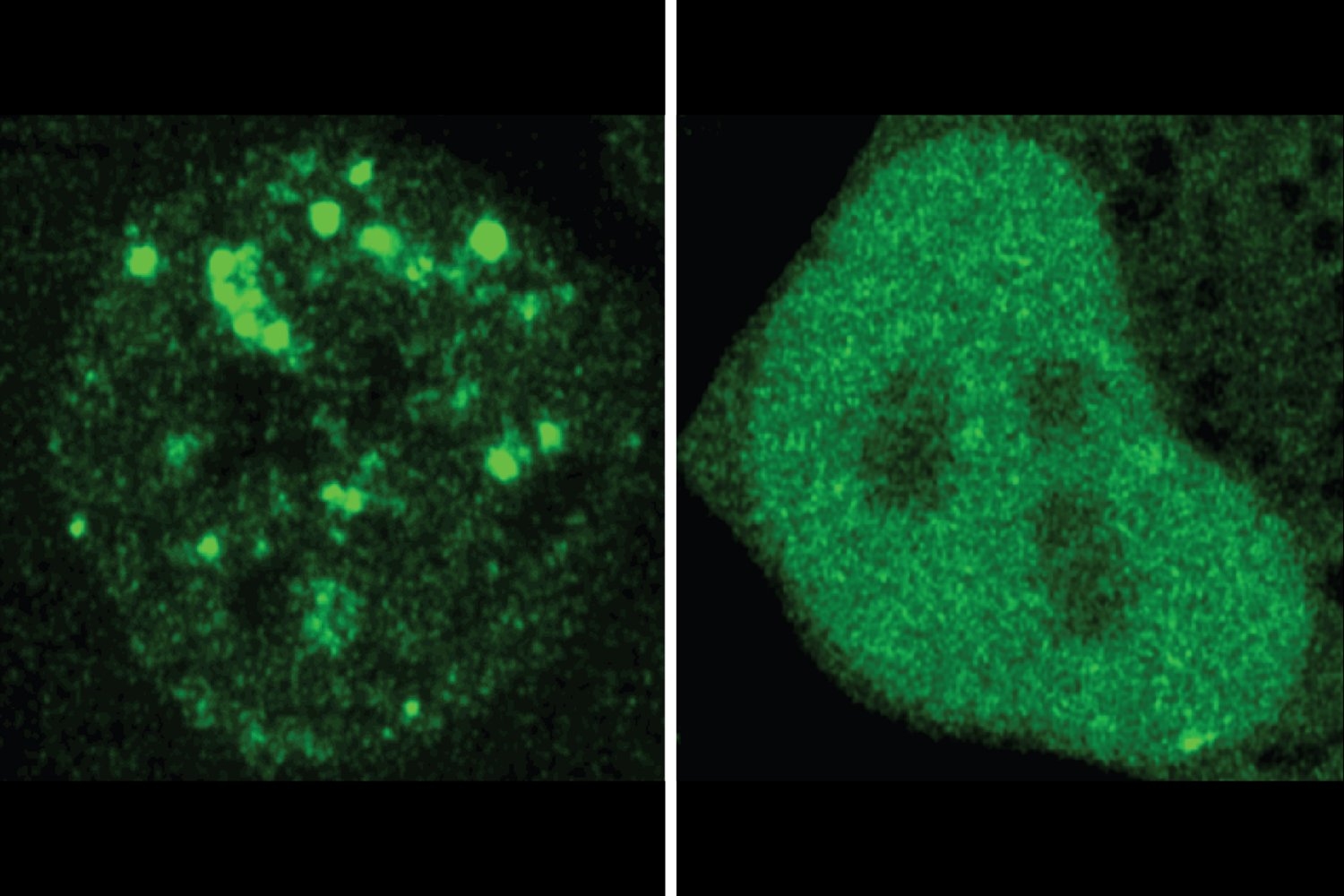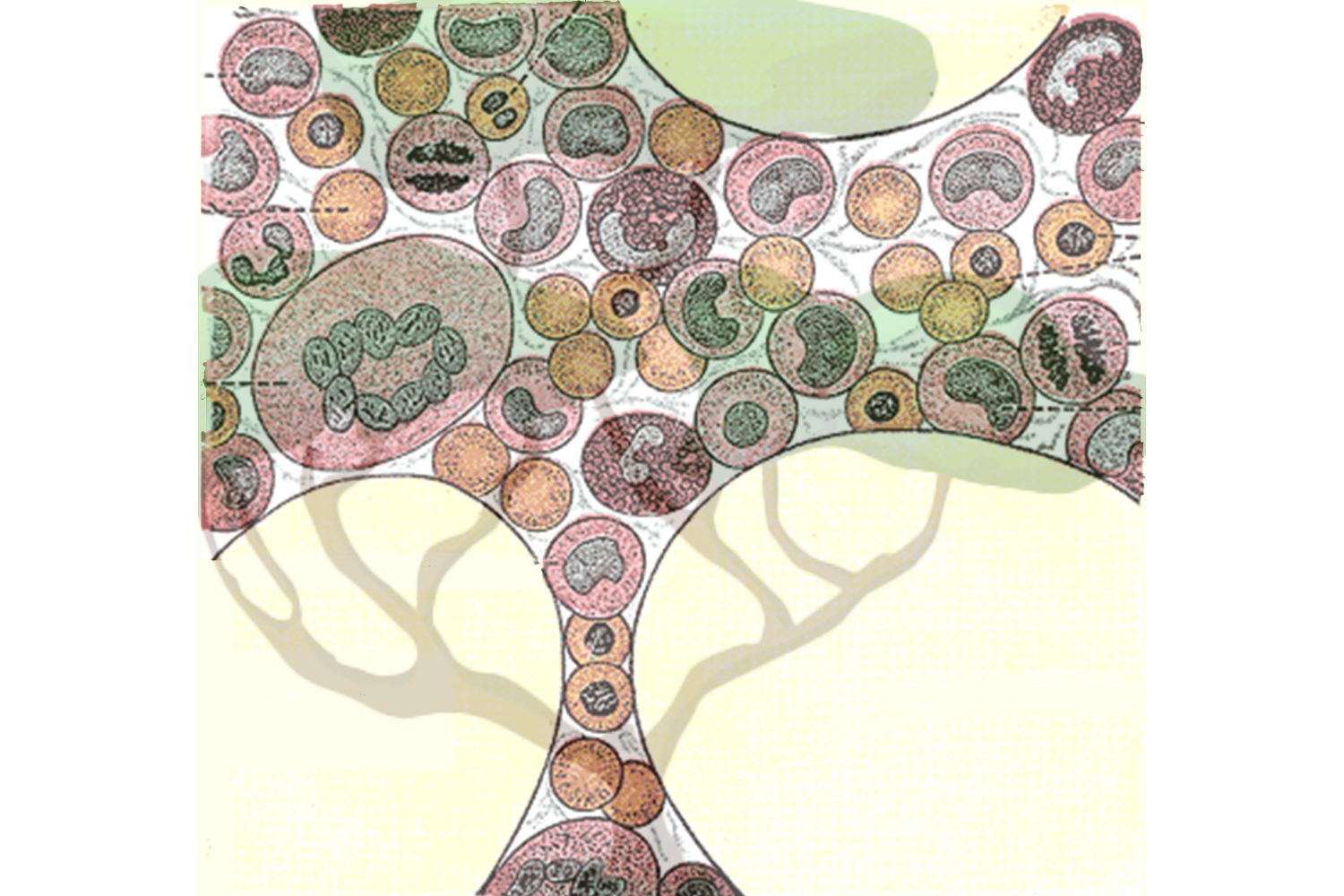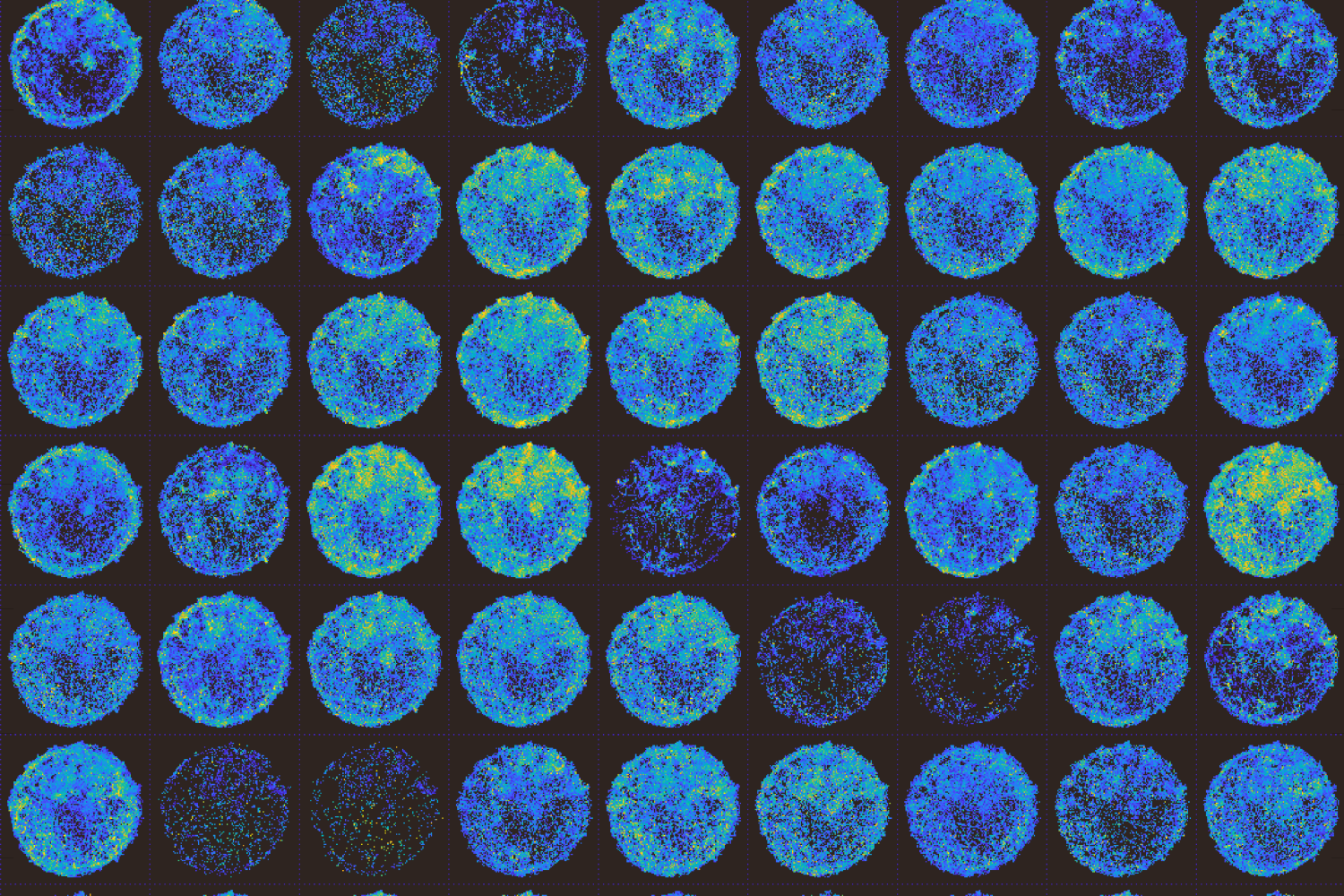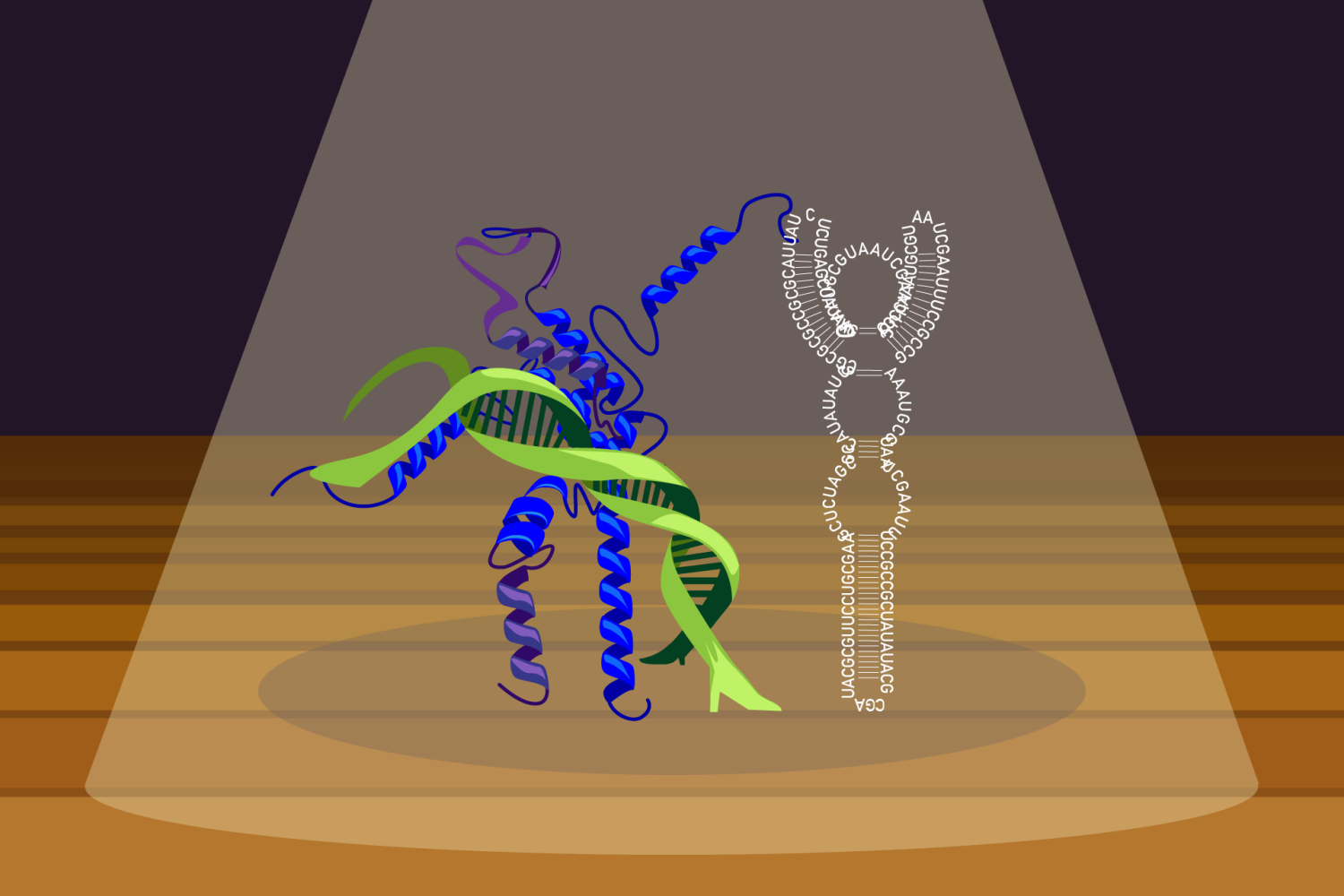AI model deciphers the code in proteins that tells them where to go
Whitehead Institute and CSAIL researchers created a machine-learning model to predict and generate protein localization, with implications for understanding and remedying disease.
Feb. 13, 2025 • ~11 min
Cellular traffic congestion in chronic diseases suggests new therapeutic targets
Chronic diseases like diabetes are prevalent, costly, and challenging to treat. A common denominator driving them may be a promising new therapeutic target.
Dec. 10, 2024 • ~10 min
Blood cell family trees trace how production changes with aging
Whitehead Institute Member Jonathan Weissman and collaborators developed a tool to reconstruct human cell family trees, revealing how blood cell production changes in old age.
Jan. 31, 2024 • ~11 min
Simons Center’s collaborative approach propels autism research, at MIT and beyond
Team-based targeted projects, multi-mentor fellowships ensure that scientists studying social cognition, behavior, and autism integrate multiple perspectives and approaches to pressing questions.
Jan. 30, 2024 • ~12 min
It takes three to tango: transcription factors bind DNA, protein, and RNA
Whitehead Institute researchers find many transcription factors bind RNA, which fine-tunes their regulation of gene expression, suggesting new therapeutic opportunities.
July 17, 2023 • ~7 min
Inaugural J-WAFS Grand Challenge aims to develop enhanced crop variants and move them from lab to land
Matt Shoulders will lead an interdisciplinary team to improve RuBisCO — the photosynthesis enzyme thought to be the holy grail for improving agricultural yield.
May 10, 2023 • ~14 min
3 Questions: Mriganka Sur on researching the first approved drug to treat Rett syndrome
On March 10 the FDA approved Trofinetide, a drug based on the protein IGF-1. The MIT professor's original research showing that IGF-1 could treat Rett was published in 2009.
March 13, 2023 • ~9 min
/
9

